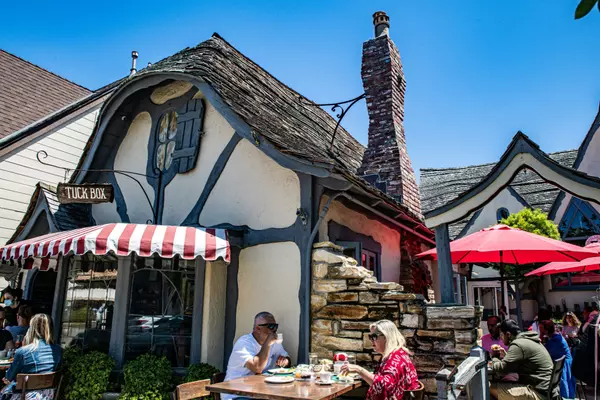What Does an Escrow Company Actually Do?
Buying or selling a home is exciting, but it also comes with a whirlwind of contracts, money transfers, inspections, and deadlines. At the heart of it all is a critical but often misunderstood player: the escrow company.
The concept is so ubiquitous that many feel embarrassed to admit they don’t know much about what “escrow” even is. You’re far from alone if you’ve ever asked, “What does an escrow company do in real estate?”
Let’s break it down.
WHAT IS ESCROW IN REAL ESTATE?
Escrow is the process that protects both the buyer and seller during a real estate transaction. An escrow company serves as a neutral third party that holds funds, documents, and instructions until every condition of the sale is met.
In other words, escrow ensures that no one loses money, no promises are broken, and the deal closes smoothly.
Without escrow, you’d essentially be wiring large sums of money to a stranger and hoping for the best. Not exactly the definition of “peace of mind.”
THE ROLE OF AN ESCROW COMPANY
So, what does an escrow officer actually do? Think of them as the referee and record keeper of your transaction. They don’t take sides. They follow the agreed-upon instructions from both buyer and seller, step by step.
Here’s how an escrow company protects you:
- Holds Funds Safely. Buyer deposits and final payments are kept in a secure escrow account.
- Manages Instructions. Both parties provide written instructions, and the escrow officer carries them out exactly.
- Coordinates Documents. From contracts to deeds, they make sure every signature and notarization happens correctly.
- Clears Title & Debts. Escrow verifies the title is clean and ensures property taxes, liens, or HOA dues are paid.
- Distributes Funds. Once the deal closes, escrow sends money to the seller, agents, lender, and anyone else involved.
They’re not the ones handing you the keys or pouring the champagne. But alongside your agent, they’re the reason you get to celebrate at all.
STEP-BY-STEP: THE ESCROW PROCESS EXPLAINED
Here’s what typically happens when your home goes into escrow:
- Open Escrow. Once an offer is accepted, the buyer deposits earnest money into escrow.
- Provide Instructions. Buyer, seller, lender, and agents all give escrow written instructions.
- Due Diligence Period. Escrow tracks contingencies like inspections, disclosures, and financing.
- Title Work. Title is reviewed, and any liens or issues are resolved.
- Final Signings. Buyer and seller sign all closing documents.
- Funds Disbursed. Escrow sends money to the seller, pays off debts, and covers fees.
- Closing. The deed is recorded, keys are handed over, and the home officially changes hands.
FAQS ABOUT ESCROW COMPANIES
How long does escrow take?
In California, escrow typically lasts 30–45 days, but it can be shorter or longer depending on the deal.
Who pays the escrow company?
Usually, the cost of escrow services is split between buyer and seller, though it can vary depending on your purchase agreement.
Do I get to choose my escrow company?
In many cases, the buyer and seller (through their agents) agree on the escrow company. A local, reputable escrow company is almost always the best choice.
Is escrow only for buying homes?
No. Escrow is also used in refinancing, new construction, and even business transactions.
WHY ESCROW MATTERS IN MONTEREY COUNTY
Homes here often come with unique features: coastal regulations, HOA rules, or even historic considerations. That makes escrow especially valuable. Your escrow officer isn’t just processing paperwork, they’re safeguarding one of the biggest financial and emotional investments of your life.
At The Ruiz Group, we remind clients that escrow is the quiet hero of every real estate deal. Without it, the trust that makes homeownership possible wouldn’t exist.
Categories
Recent Posts










GET MORE INFORMATION

